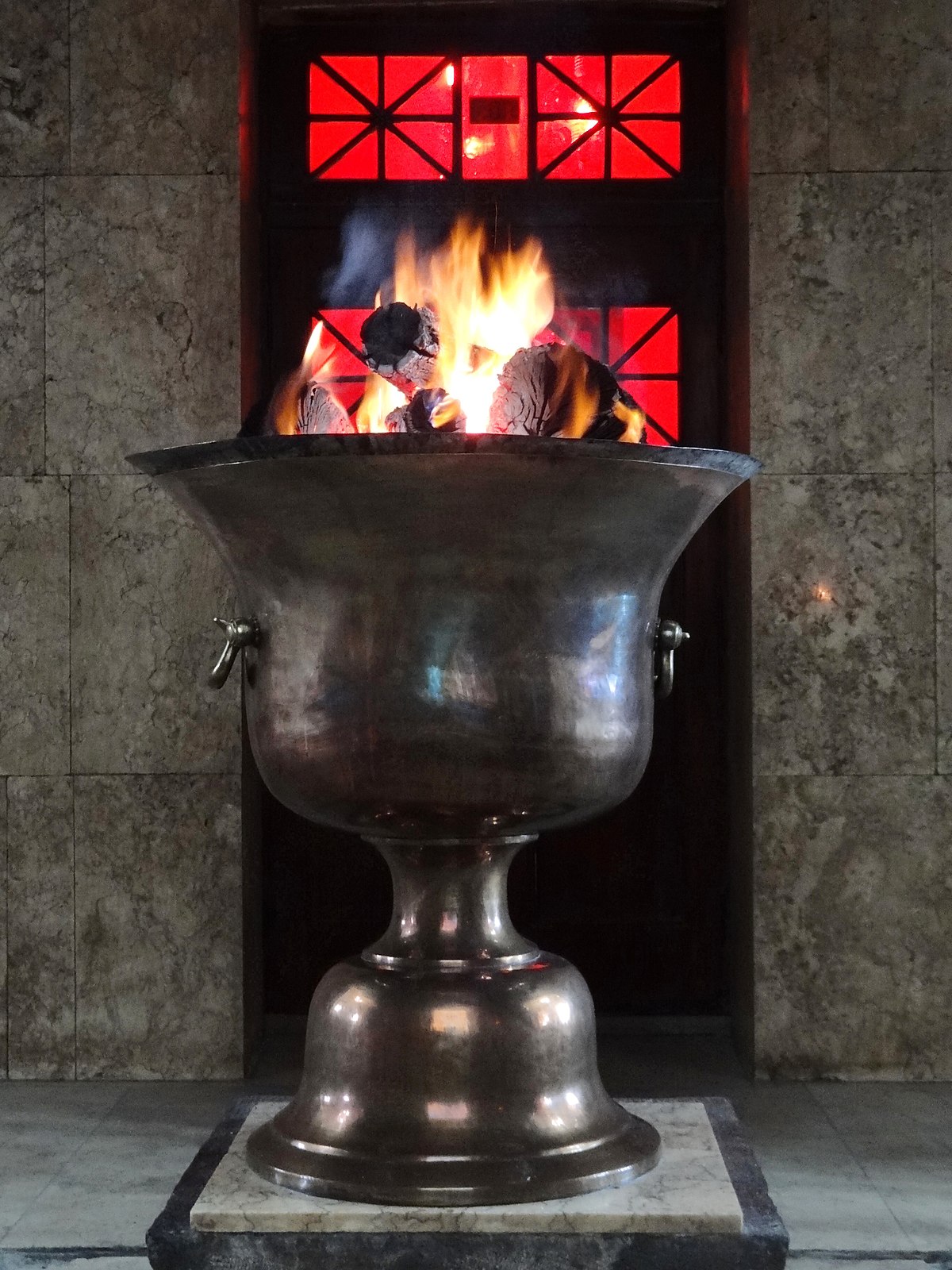excreationist
Married mouth-breather
In Matthew 2 the wise men saw a star rise after Jesus was born and met with King Herod. Herod had all of the boys in Bethlehem killed that were two years old and younger so Jesus would be that age too.
Matthew 2:9-11
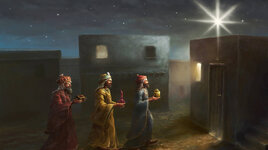
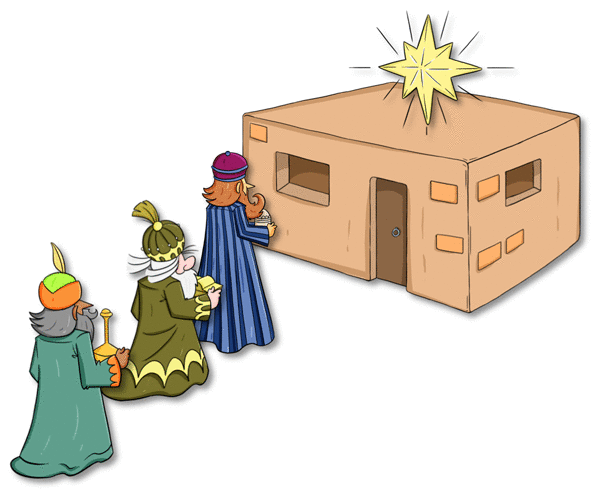
These show the wise men worshipping the child:
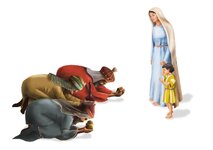
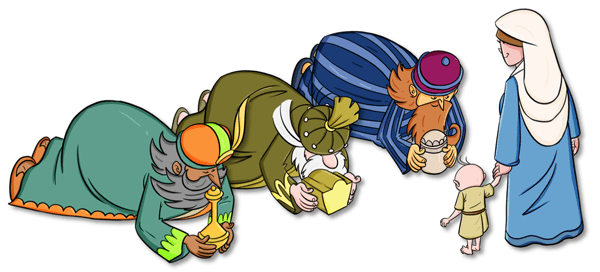
Normally illustrations would show the wise men near the manger in a nativity scene with Jesus as a newborn baby...
You can read my book about things like that here:
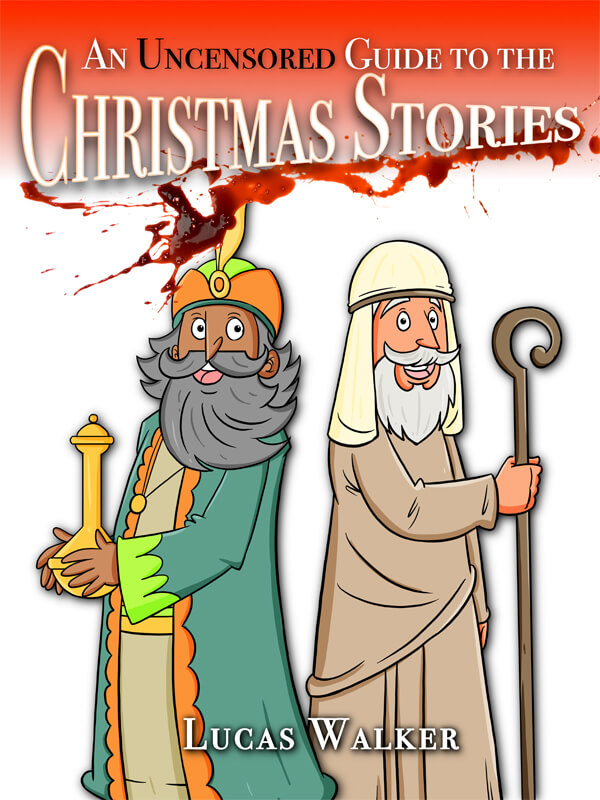
Matthew 2:9-11
Here are illustrations I had made that show a star over the house:After they had heard the king, they went on their way, and the star they had seen when it rose went ahead of them until it stopped over the place where the child was. When they saw the star, they were overjoyed. On coming to the house, they saw the child with his mother Mary, and they bowed down and worshiped him.


These show the wise men worshipping the child:


Normally illustrations would show the wise men near the manger in a nativity scene with Jesus as a newborn baby...
You can read my book about things like that here:


 to my prior post. Consider it appended to this one as well...
to my prior post. Consider it appended to this one as well...
